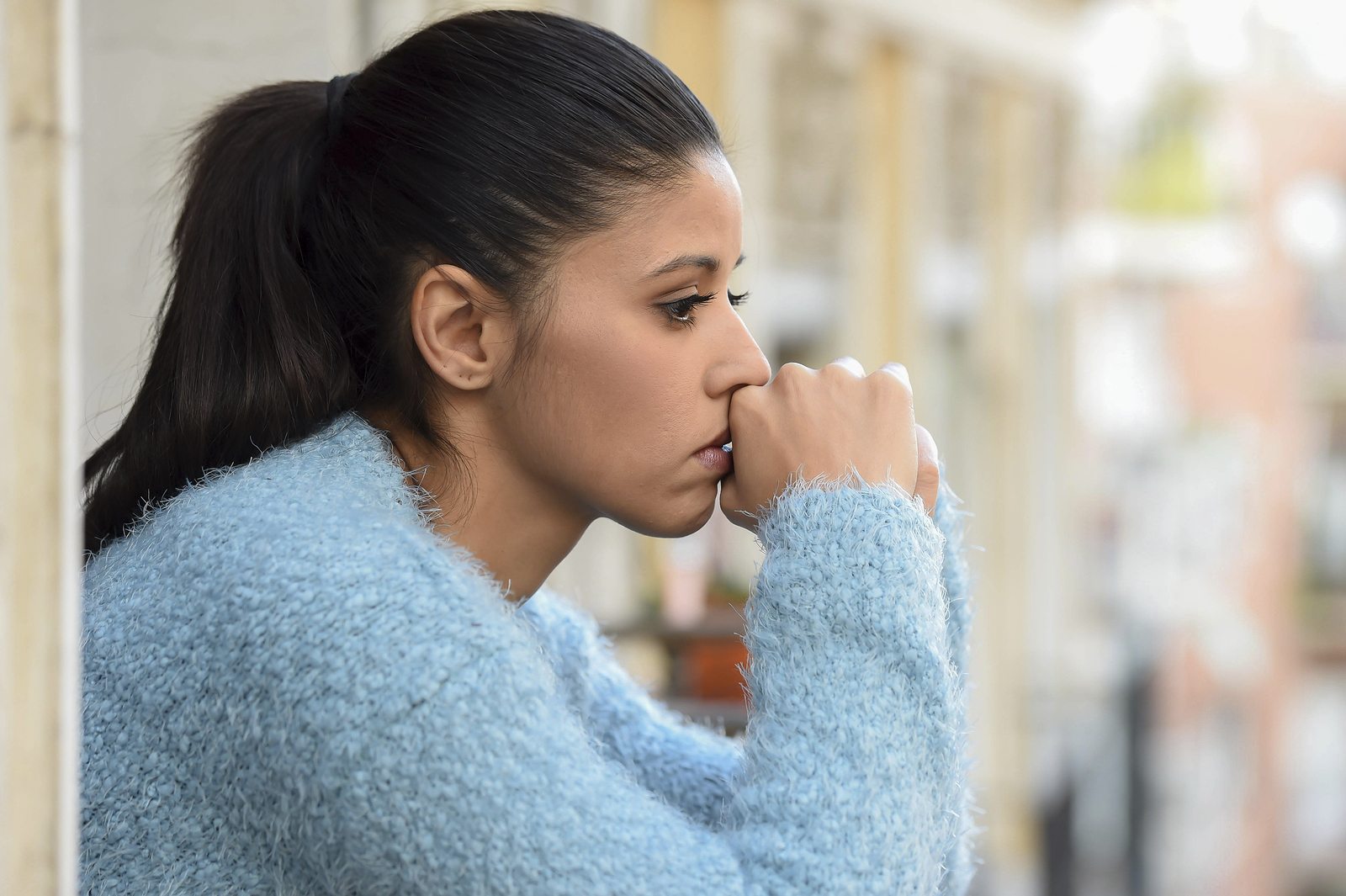Major depression disorder, often referred to as clinical depression or simply depression, is one of the most common mental health afflictions in the world. In 2017, the World Health Organization estimated that more than 300 million people are currently struggling with depression across the globe.

Depression Symptoms
While many believe they are already familiar with the outward signs of depression, the truth is it may not always be obvious when a friend or loved one is suffering. Some may even neglect to recognize the symptoms of the disorder in themselves.
Common Symptoms
- Feelings of sadness or hopelessness
- Sudden episodes of anger or frustration
- Increased anxiety
- Loss of interest in work, social life or hobbies
- Feelings of guilt and worthlessness
- Suicidal thoughts or actions
Less Common Symptoms
- Lack of sleep
- Weight loss or weight gain
- Difficulty remembering or concentrating
- Physical aches and pains
- Slow thinking or body movements
- Restlessness
Who Does Depression Affect?
Depression can affect anyone at any age from young children to geriatric patients in their 80s and above. All genders are susceptible, and the disorder does not discriminate when it comes to culture or race.
The exact cause isn’t clear, but brain chemistry, hormones, and inherited traits play a significant role, and there are several risk factors that can increase an individual’s chances of developing clinical depression:
Inherant Personality Traits
Low self esteem, history of dependence, pessimistic outlook
Past Trauma
Traumatic accidents, health issues, physical or sexual abuse, financial issues, death of a loved one, abusive relationships
Taking Medication
Blood pressure medication (beta blockers), sleeping pills, certain antibiotics, anti-anxiety medication, opioids (pain medication), birth control
Family history, alcohol or drug abuse, and a history of other mental disorders are additional common factors. Gay, lesbian, bisexual and transgendered individuals are also considered to be at risk if they do not have significant support from friends and family.
Depression Treatments
There are many different treatment options for those suffering from clinical depression. Treatment plans can vary wildly depending on the individual’s unique symptoms and needs. A primary care physician may be able to diagnose depression and prescribe medication, but will often refer patients to a professional in the mental health field.
Some combination of medication, therapy and lifestyle changes is often determined as the best course of treatment for depression, and as there is no known cure the goal is to manage symptoms and prevent a patient’s condition from worsening. Stress management techniques, positive reinforcement and a strong support system have all shown to be effective additions to most treatment plans.
How Can You Help?
If you or a family member suffers from depression and you’re interested in making a difference, consider applying for one of our clinical trials. We conduct these studies to test the effectiveness of experimental treatments for a variety of disorders, including major depression disorder. Your participation could help you and the countless others with similar struggles.
